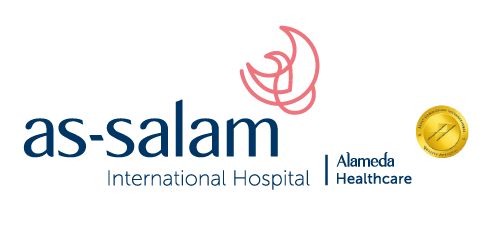Learn More About Inflammatory Bowel Disease (IBD)
Inflammatory Bowel Disease (IBD): What Is It?
Inflammatory Bowel Disease is a group of intestinal disorders that cause inflammation in the digestive tract, including the mouth, oesophagus, stomach, small and large intestines.
That disturbs the normal functioning of the digestive system within the process of breaking down food, extracting nutrients from it, and removing waste.
Possible Causes Of Inflammatory Bowel Disease:
Inflammatory Bowel Disease refers to:
Ulcerative colitis is a condition that causes inflammation and sores (stomach ulcers) along the lining of the large intestine (colon) and rectum.
Crohn's disease: This type of IBD refers to inflammation of the gut lining, which often involves the deeper layers of the gut.
Immune system imbalance: an abnormal immune response that leads the immune system to attack cells in the digestive system while fighting enteroviruses.
Having a family history of the disease. Having Inflammatory Bowel Diseases may increase the risk of colon cancer, arthritis, skin infections, eye infections, blood clots, and bile duct inflammation.
Crohn's disease also causes intestinal obstruction, malnutrition, ulceration, fistula, and anal fissure. Ulcerative colitis may include severe megacolon and severe dehydration.
Risk factors:
The disease is diagnosed between the ages of 15-30 years, and those factors may affect the occurrence of Inflammatory Bowel Disease:
- Gender or race.
- Family history.
- Smoking.
- Non-steroidal anti-inflammatory drugs.
- Environmental factors, including a diet high in fat or fortified foods.
Signs and symptoms:
Symptoms of IBD range from mild to severe, depending on the location of the inflammation. Here are some common signs and symptoms of both Crohn's disease and ulcerative colitis that you should see your doctor if any of them appear:
- Diarrhoea.
- Nausea.
- Anorexia.
- Lose weight.
- Abdominal pain.
- Rectal bleeding.
Diagnosis:
Using the most advanced medical technology, As-Salam International Hospital can provide you with an early detection opportunity with the most experienced medical team.
Book your appointment now by calling 19885.
